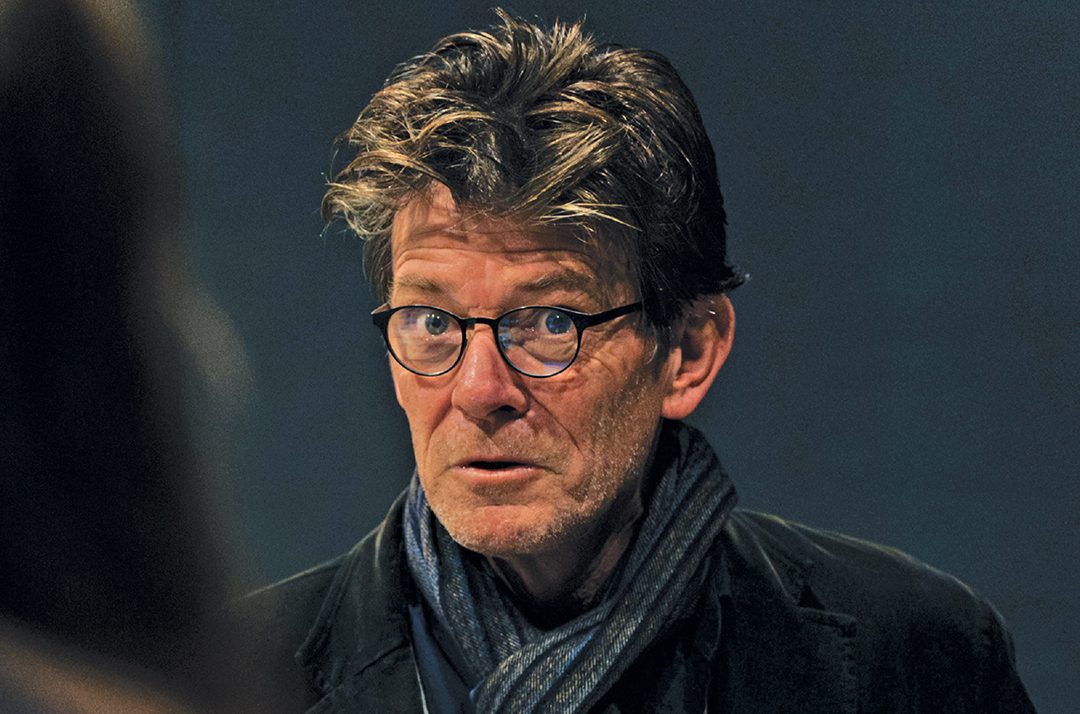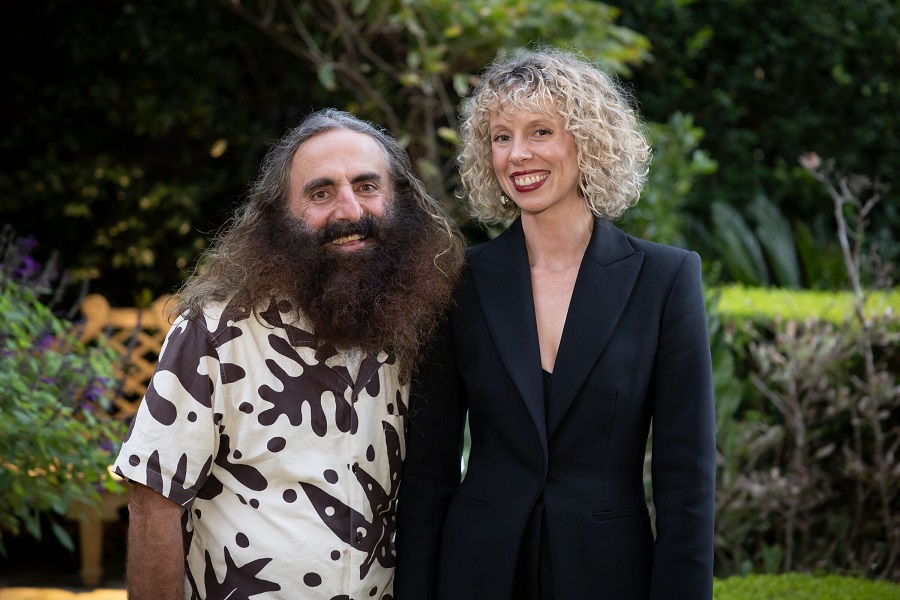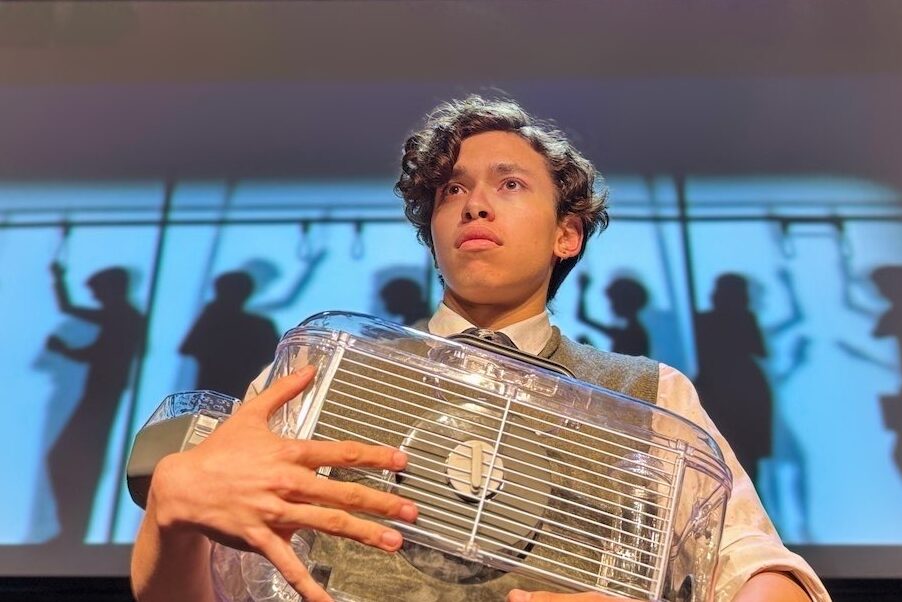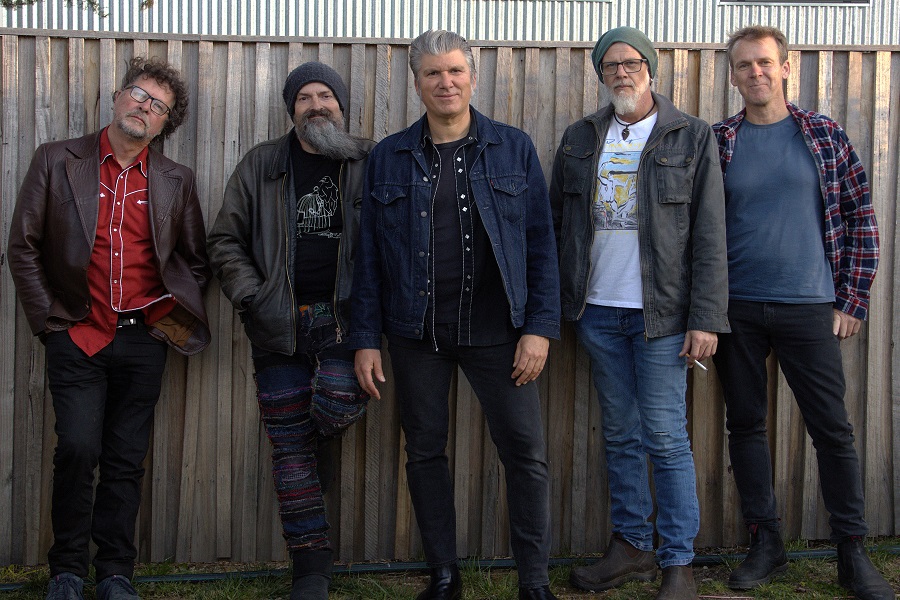
WHEN Neil Pigot steps on stage at the Mill Theatre in the coming production of Nick Enright’s 1994 play, “Good Works”, it will be a flashback for many to a happier time when Canberra’s theatre scene was a hotbed of activity.
For Pigot, who began acting at the Lieder Theatre in Goulburn in 1982, joined Canberra’s Theatre ACT in 1984, acted around the traps, then established the Black Inc theatre company with Paul Corcoran.
All long before he worked with the Melbourne and Sydney Theatre Companies, Belvoir, Playbox/Malthouse, Queensland Theatre Company, State Theatre Company of SA and many others here and in the UK.
A well-known screen actor with 16 feature films behind him, he has appeared in more than 150 episodes of TV, most famously as Insp Russell Falcon-Price in “Blue Heelers.”
He was seen with Chris Latham at The Street Theatre last year recording the “Changi Songbook” – 24 of the songs by Slim De Grey and Ray Tullipan, originally performed by the AIF Changi Concert Party during World War II and in the POW Requiem in October at Llewellyn Hall.
Pigot had spent time with members of the concert party in the 1990s learning their performance style and has made this a life project.
Right now, he’s here in a kind of mentoring capacity (though he loathes the word) to young actors, along with his 30-year-long collaborator Julian Meyrick, who directs “Good Works”.
Pigot lives in Broken Hill with his artist wife, but shows he’s lost none of the fire seen in his many articles about arts policy for metropolitan dailies as he airs his views on the tendency of our politicians and funding bodies to pay attention to buildings than the people who really create the arts
“If you want to turn this into an arts capital, money has to go into people, not buildings,” he asserts.
In fact, the petite Mill Theatre, where he’ll be performing, is the result of private, not government money, and is designed to create a space for actors.
When I catch up with him for coffee near the theatre, he tells me: “I sense that there’s a critical mass at the moment in the theatre here, and I am trying to be part of it.”
The play spans 60 years and “bounces around in time” between the 1920s, ’50s and ’80s, telling the story of two Irish Catholic families, the Donovans and the Kennedys.
Pigot admits that he’s used to playing leads, so that playing four characters who support the narrative, is really a challenge to him.
“My character, Brother Clement, is probably representative of many people who were less following a calling than escaping into the clergy from the horrors of war,” he says.
“His decision to do that has consequences; all actions have consequences.”
He says that Enright, as a playwright, had a good grasp of the effect of childhood trauma. Pigot himself now belongs to the recovery community after having suffered the consequences of an abusive background, so he sees the play as “a beautiful fugue on legacy”.
“It’s important that we revive classics and ‘Good Works’ is an Australian classic, a play about what happens when you lose your moral thread, when bad decisions are made, when good people do bad things,” he says.
“Good Works”, The Mill Theatre, Fyshwick, previews July 13-15, season July 19-August 12.
Who can be trusted?
In a world of spin and confusion, there’s never been a more important time to support independent journalism in Canberra.
If you trust our work online and want to enforce the power of independent voices, I invite you to make a small contribution.
Every dollar of support is invested back into our journalism to help keep citynews.com.au strong and free.
Thank you,
Ian Meikle, editor








Leave a Reply